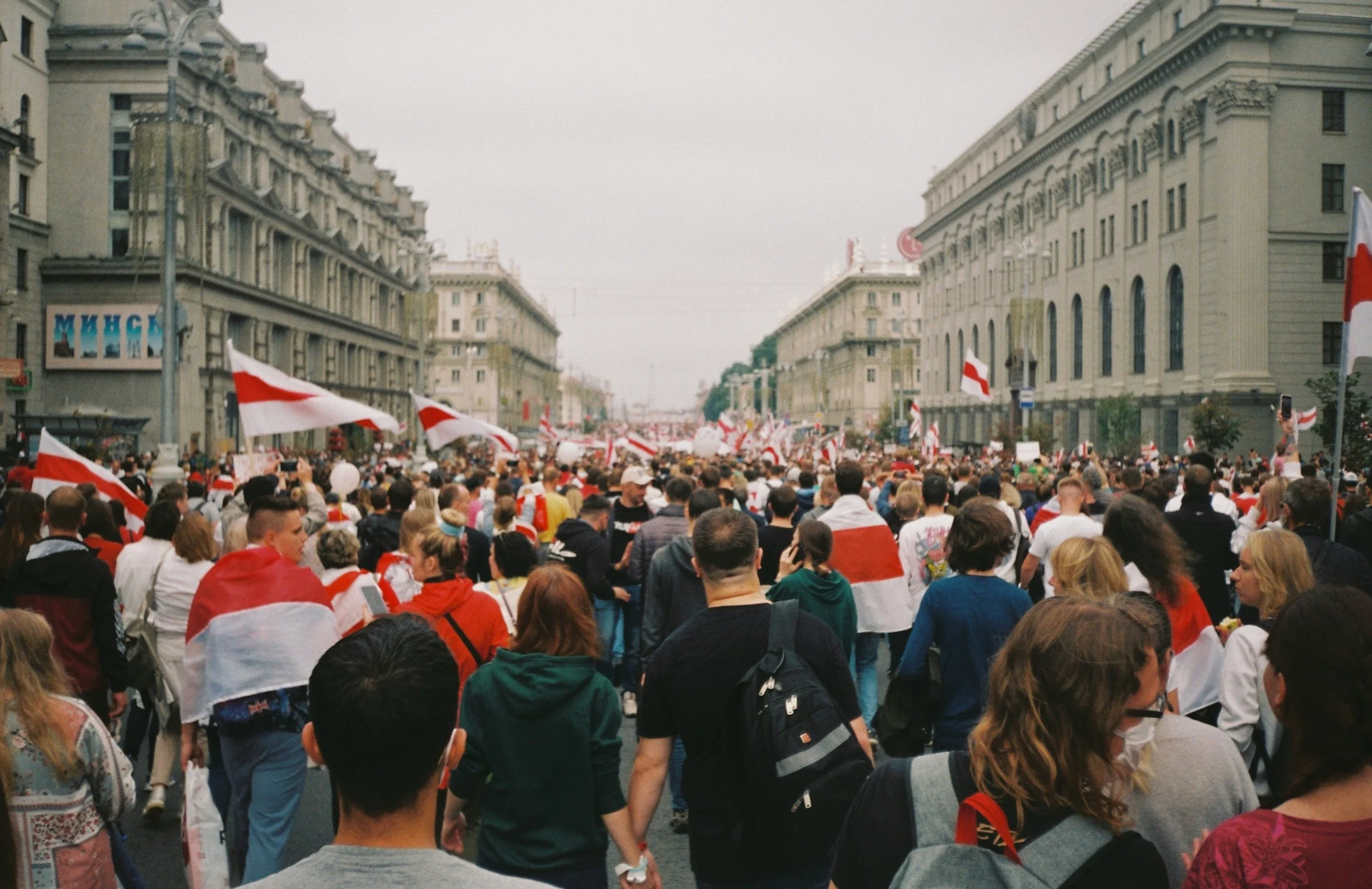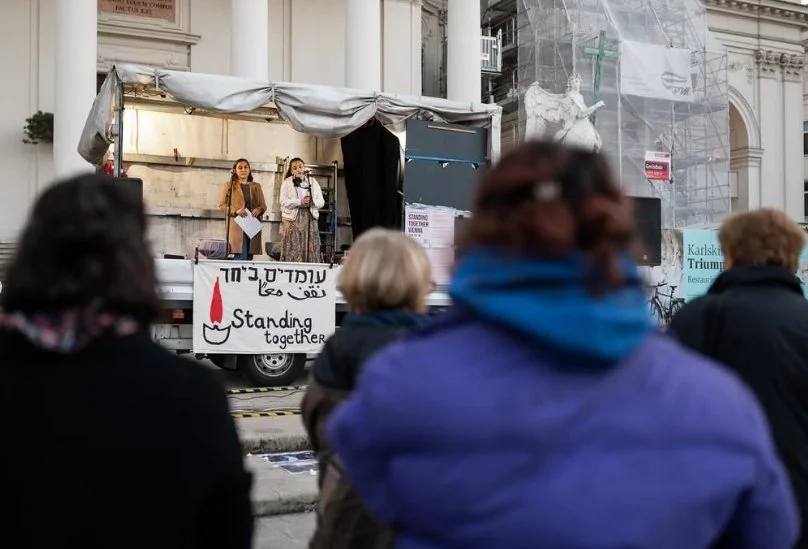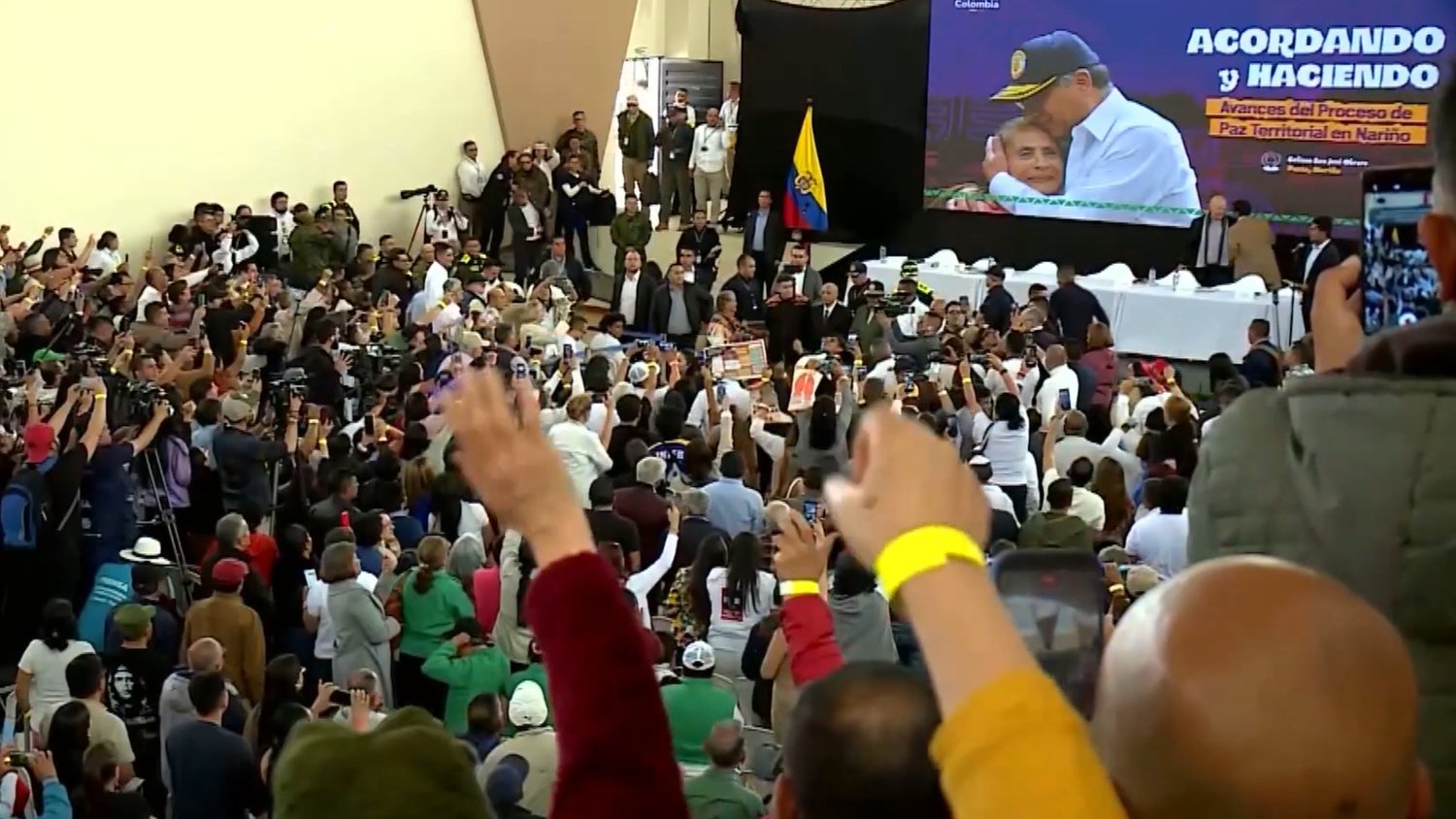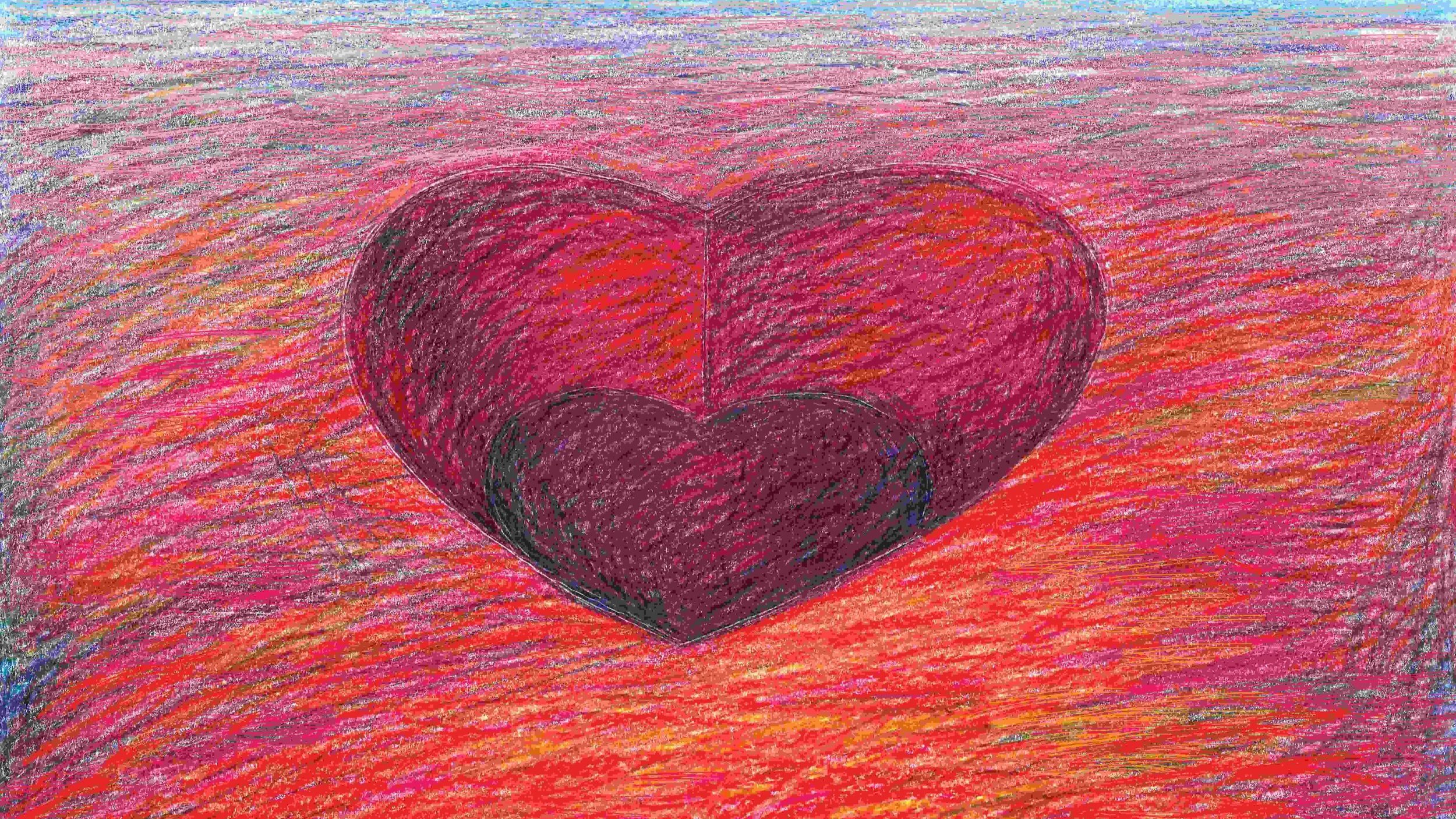
Rethinking European Security and Defense: What Are We Defending?
This panel brings together experts to explore the gap between public perceptions of defense needs and the perspectives of political and military elites. In an era of rising defense budgets and growing geopolitical competition, European institutions and national governments must explain security decisions in ways that are clear, legitimate, and trustworthy.































